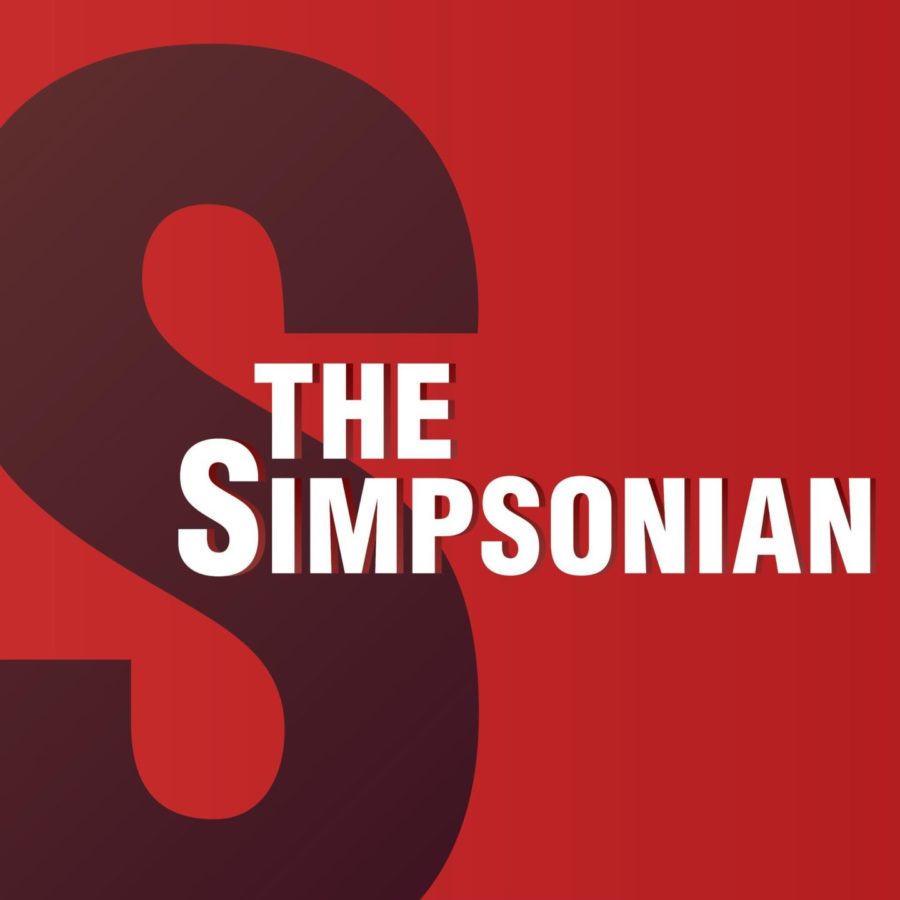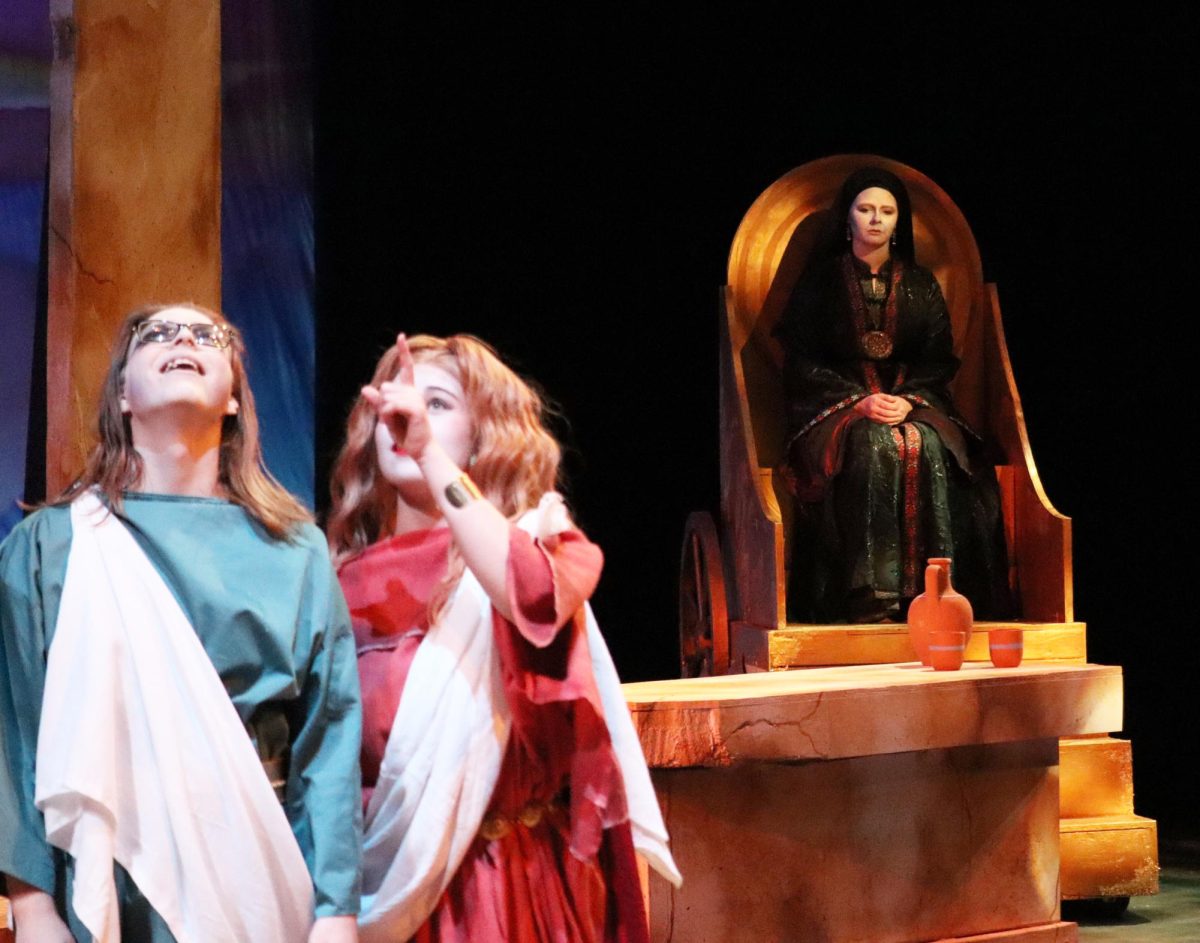Our View: The conflict around #JeSuis
January 20, 2015
While The Simpsonian stands for freedom of speech, we understand the attack in Paris on Charlie Hebdo, the satirical magazine, isn’t that simple.
We’ve seen the social media reactions to this shooting, from #JeSuisCharlie and #JeSuisAhmed, to plenty of commentary articles where people are trying to make sense of this all.
As a media outlet, it’s hard to see journalists getting attacked based on a field we work in. Journalism is supposed to contribute to a democracy – we believe free speech and the freedom of expression can open up conversations that may not happen if our words were suppressed.
But #JeSuisCharlie isn’t as simple and easy to understand as what Twitter, Facebook and other social media platforms may make it seem. The same situation applies to #JeSuisAhmed, or the articles saying how no one should stay silent. They’re ultimately generalizations.
Technically, The Simpsonian isn’t satire, so obviously we aren’t Charlie. But more importantly, we don’t publish humor that is insulting or offensive to others. While we should stand in journalistic unity and show solidarity towards this industry, we must also be careful. People will continue to debate whether or not the publication should’ve published this cartoon of Prophet Muhammad. Many will stand strong in their belief that this cartoon was offensive humor, straying away from journalistic integrity.
The New York Times specifically didn’t publish what ignited this problem from Charlie Hebdo, and many publications followed the same action. However, multiple media outlets went ahead and showed the controversial cartoons.
Are these actions right? Are they wrong? Whatever you believe, just remember the conversation doesn’t end there.
This is because we also need to point out that when religion comes into the conversation, it doesn’t make sense to immediately come to a conclusion, especially when there is so much background to Islam that many people are still trying to understand.
At Simpson, we talk a lot about engaged citizenship, and in this liberal arts community, we’re apt to ask questions about anything and everything. In this case, we need to ask more questions so we can understand freedom of speech, because as the Charlie Hebdo shooting shows, there’s a fine line that many people disagree on. We also need to try to understand religion and religious relations.
While the Charlie Hebdo attack wasn’t in our country, that doesn’t mean we shouldn’t continue to analyze it.
It’s a sad situation, and unfortunately, there’s so much vagueness we still need to sort through. But this vagueness won’t make any sense until we stop following the hype of social media and commentaries and truly try to grasp the religions in this world and understand what convinces both reporters and people of these religions to react.






